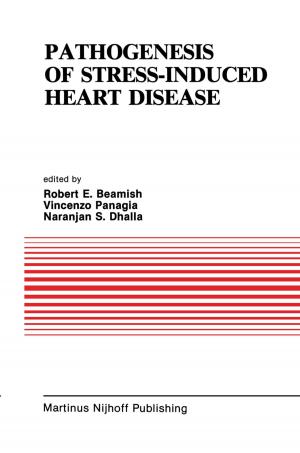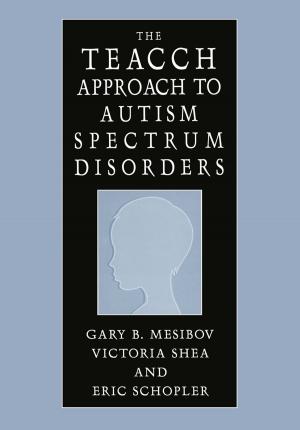Health Education
Effectiveness and efficiency
Nonfiction, Health & Well Being, Medical, Specialties, Preventive Medicine, Psychology, Applied Psychology| Author: | Keith Tones, Yvonne Keeley Robinson, Sylvia Tilford | ISBN: | 9781489932303 |
| Publisher: | Springer US | Publication: | November 11, 2013 |
| Imprint: | Springer | Language: | English |
| Author: | Keith Tones, Yvonne Keeley Robinson, Sylvia Tilford |
| ISBN: | 9781489932303 |
| Publisher: | Springer US |
| Publication: | November 11, 2013 |
| Imprint: | Springer |
| Language: | English |
It could be said with some justification that the task of education is to safe guard people's right to learn about important aspects of human culture and experience. Since health and illness occupy a prominent place in our everyday experience, it might reasonably be argued that everyone is entitled to share whatever insights we possess into the state of being healthy and to benefit from what might be done to prevent and treat disease and discomfort. Health education's role in such an endeavour would be to create the necessary under standing. No other justification would be needed. In recent years, however, questions have been posed with increasing insistence and urgency about efficiency - both about education in general and health education in particular. We can be certain that such enquiries about effectiveness do not reflect a greater concern to know whether or not the population is better educated: they stem from more utilitarian motives. It is apparent, even to the casual observer, that economic growth and productivity have become a central preoccupation in contemporary Britain.
It could be said with some justification that the task of education is to safe guard people's right to learn about important aspects of human culture and experience. Since health and illness occupy a prominent place in our everyday experience, it might reasonably be argued that everyone is entitled to share whatever insights we possess into the state of being healthy and to benefit from what might be done to prevent and treat disease and discomfort. Health education's role in such an endeavour would be to create the necessary under standing. No other justification would be needed. In recent years, however, questions have been posed with increasing insistence and urgency about efficiency - both about education in general and health education in particular. We can be certain that such enquiries about effectiveness do not reflect a greater concern to know whether or not the population is better educated: they stem from more utilitarian motives. It is apparent, even to the casual observer, that economic growth and productivity have become a central preoccupation in contemporary Britain.















